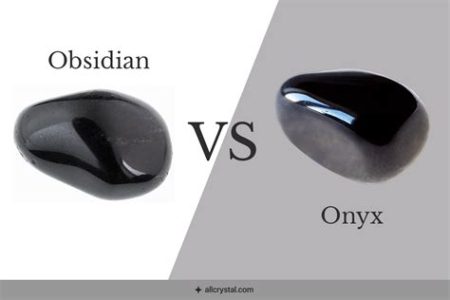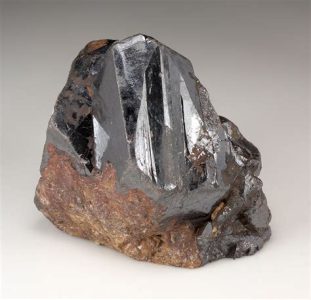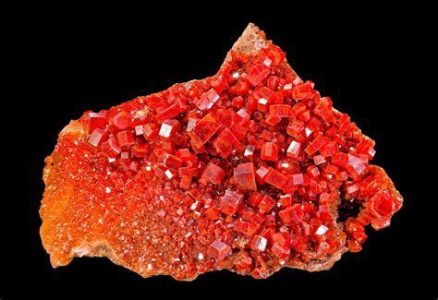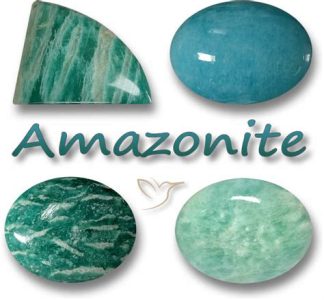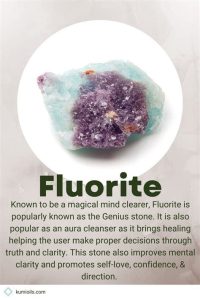Pyramids and crystals, two ancient and enigmatic objects, have captivated human imagination for centuries. From their spiritual significance to their potential therapeutic benefits, these geometric shapes have long been associated with power, healing, and transformation.

Pyramids
- Definition: A pyramid is a polyhedron with a polygonal base and triangular faces that meet at a single point called the apex.
- History: Pyramids have been constructed throughout history by various cultures, most notably the Egyptians, Mayans, and Aztecs.
- Types: Pyramids come in various shapes and sizes, including square, rectangular, and triangular bases.
Crystals
- Definition: A crystal is a solid material with a highly ordered arrangement of atoms, ions, or molecules.
- Types: There are countless types of crystals, each with its unique composition and properties. Some common crystal types include quartz, amethyst, and calcite.
Pyramids VS Crystals
| Feature | Pyramids | Crystals |
|---|---|---|
| Shape | Triangular faces, polygonal base | Highly ordered molecular arrangement |
| Composition | Stone, concrete, metal | Minerals, organic materials |
| Origin | Human-made | Natural or lab-grown |
| Size | Vary greatly | Usually small |
| History | Ancient | Varied |
Comparison Points
Geometry: Pyramids have sharp, angular shapes, while crystals have smooth, symmetrical forms.
Origin: Pyramids are man-made structures, while crystals occur naturally or through chemical synthesis.
Energy: Pyramids are believed to channel and amplify energy, while crystals are said to store and release energy.
Uses and Applications
Ancient Uses:
– Pyramids: Tombs, religious structures, astrological observatories
– Crystals: Jewelry, healing, divination
Modern Uses:
– Pyramids: Architectural curiosities, meditation spaces, energy generators
– Crystals: Jewelry, spiritual tools, alternative medicine
Benefits and Limitations
Pyramids
– Benefits:
– Amplify energy
– Promote healing
– Enhance meditation
– Limitations:
– Lack of scientific evidence
– Can be expensive or impractical
Crystals
– Benefits:
– Promote relaxation
– Reduce stress
– Improve sleep
– Limitations:
– Lack of scientific evidence
– Can be fragile or costly
Common Mistakes to Avoid
- Using low-quality materials: Pyramids and crystals should be made from high-quality materials to maximize their potential benefits.
- Overusing energy tools: Excessive use of pyramids or crystals can lead to imbalances or negative effects.
- Neglecting other healing modalities: Pyramids and crystals should complement other holistic healing practices, not replace them.
The Future of Pyramids and Crystals
The future of pyramids and crystals remains uncertain, but they continue to generate interest and speculation.
- Trend 1: Increasing integration into alternative medicine
- Trend 2: Development of new technologies for energy channeling
Customer Testimonials
“I meditate under my pyramid regularly, and I always feel energized and clear-headed afterward.” – Emily, yoga instructor
“My amethyst crystal helps me sleep better and reduces my headaches.” – Sarah, healthcare worker
Conclusion
Pyramids and crystals are powerful tools that can enhance well-being and spiritual growth. By understanding their differences, uses, and limitations, we can harness their potential for transformation and healing.



